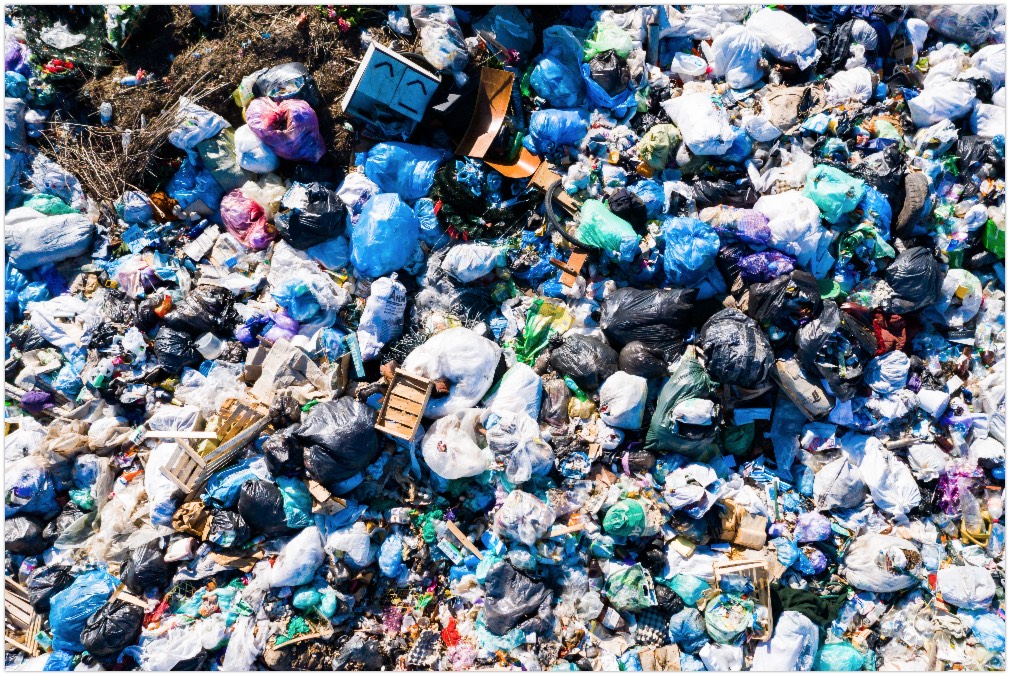Australia’s waste is rising twice as high as its population every year. The country has now become one of the worst in the developed countries in terms of rubbish production. Ever since China stopped accepting foreign waste, the local councils and NGOs are making actions to battle the rising statistics of waste in the country. But the question is, are we winning against the war on waste, or not at all?
Australia is known to be a great location for locals, tourists and animals. The country is taking pride worldwide to its famous spots like the Great Barrier Reef, Uluru and Blue Mountains that houses many unique animals – including the most loved koalas. But recently, Australia is losing its charm.
With the recent bushfires that destroy hectares of forest and thousands of houses, kill millions of animals and thousands of people, and hitting high records of temperature above 50°C, is Australia still winning the war on waste when the effects are getting worse?
It’s no surprise that Australia is one of the world’s most wasteful nations. But if you want to restore the beauty of the country, it’s best to start knowing the real score of the ongoing battle against waste. You need to be aware of how much environmental impact rubbish brings, so here are some of the truths about the battle against the leading waste in Australia.
Related: War on Waste: Is Australia Winning?
Battle Against Plastic Waste
Australia uses over 10 million plastic bags a day, a total of 660, 000 tonnes of plastic waste produced per year, and it only takes 1 minute for a household to generate 1 ton of plastic waste. But along with this massive number, Australia is only winning 20% of household plastic waste to be recycled, so how are we supposed to catch up?
Probably by now, you are wondering how heavy tonnes can weigh. Unimaginably, it’s a huge number but that’s the truth about how much plastic wastes Australia is producing every year. Remember, the country is contributing tonnes of wastes every minute to the rising statistics every year.
Currently, billions of plastic bags are floating in the ocean, killing vulnerable sea creatures and destroying the Great Barrier Reef ecosystem. Not only plastic bags, but plastic straws, bottles, and fruit trays that look small, but they leave a mess that’s just as big. Unless we continue to use plastics as we do today, the future generation will only see dolphins and turtles featuring in books.
Fortunately, a few great minds have already started trying to find solutions to plastics found in our oceans. Inventions and innovations to clean the ocean are currently being trialled and tested to help reduce plastics and protect wildlife.
Food Waste War: Conserve Food!
Food is just one of the many waste problems Australia is currently facing. Most people simply have no idea that food waste costs the economy around $20 billion each year making these food waste feed millions of children on streets. From production to consumption, waste is produced at every step of the way.
Australia is sending 7.3 million tonnes of food waste to landfill every year, which is equivalent to 300kg per person.The 2.2 million tonnes of which is from commercial and industrial sources such as supermarkets, cafes, and fast food outlets. It is also estimated that for every 5 bags of food Australians buy, 1 of them ends up wasted.
Not only does this food add the already full landfills in the area, food waste accounts for more than 5 % of Australia’s greenhouse gas emissions. It’s one of the reasons why Australia’s temperature is rising above the usual heat from the sun. Moreover, once food waste mixes with other objects that are already rotting in landfills, it creates methane gas that will be harmful to the environment.
Campaigns have started around Australia about food waste to get consumers to realize that a change needs to be made. However, the statistics are still increasing every year indicating that the battle against food waste is not in any progress at all.
Electronic Waste War: E-rase the Devastating Effects
One of the greatest progress in the 21st century is technology. The new innovations mean that modern devices have huge production and upgrading. However, as Australia embraces modernity, e-waste is growing fast in every municipal solid waste stream.
Throughout Australia, millions of electronic devices such as televisions, laptops, and cell phones are discarded annually. 88% of the 4 million computers and 3 million TV’s bought every year usually ends up in the landfill. The 88% sums up the 140,000 tonnes of electronic waste generated by Australians every year.
Moreover, e-waste is very harmful to the environment. E-waste accounts for 70% of the toxic chemicals such as lead, cadmium and mercury found in the landfill. The chemicals produced in e-waste are polluting the soil, water, ecosystem disruption and human health. As Australia fights electronic waste, the real score is that there’s only less than 1% of TVs and around 10% of PCs and laptops that are recycled every year.
Conclusion
The war of waste in Australia is a difficult one. With the increasing number of waste every year, it indicates that the workforce in fighting and taking responsibility for the increasing waste is not enough. There is really a need for people to change their way of dumping rubbish. Through knowing the truths of Australia’s real score on waste, this serves as your first step to change.
At Paul’s Rubbish Removal, we are aiming to make Australia’s waste manageable. Our team helps remove all your rubbish at home safely without harming the environment. We will expertly sort out any types of rubbish to make you worry less and hassle-free. For all your rubbish removal needs, call us at 0407 125 125 or send us an email: info@paulsrubbish.com.au







